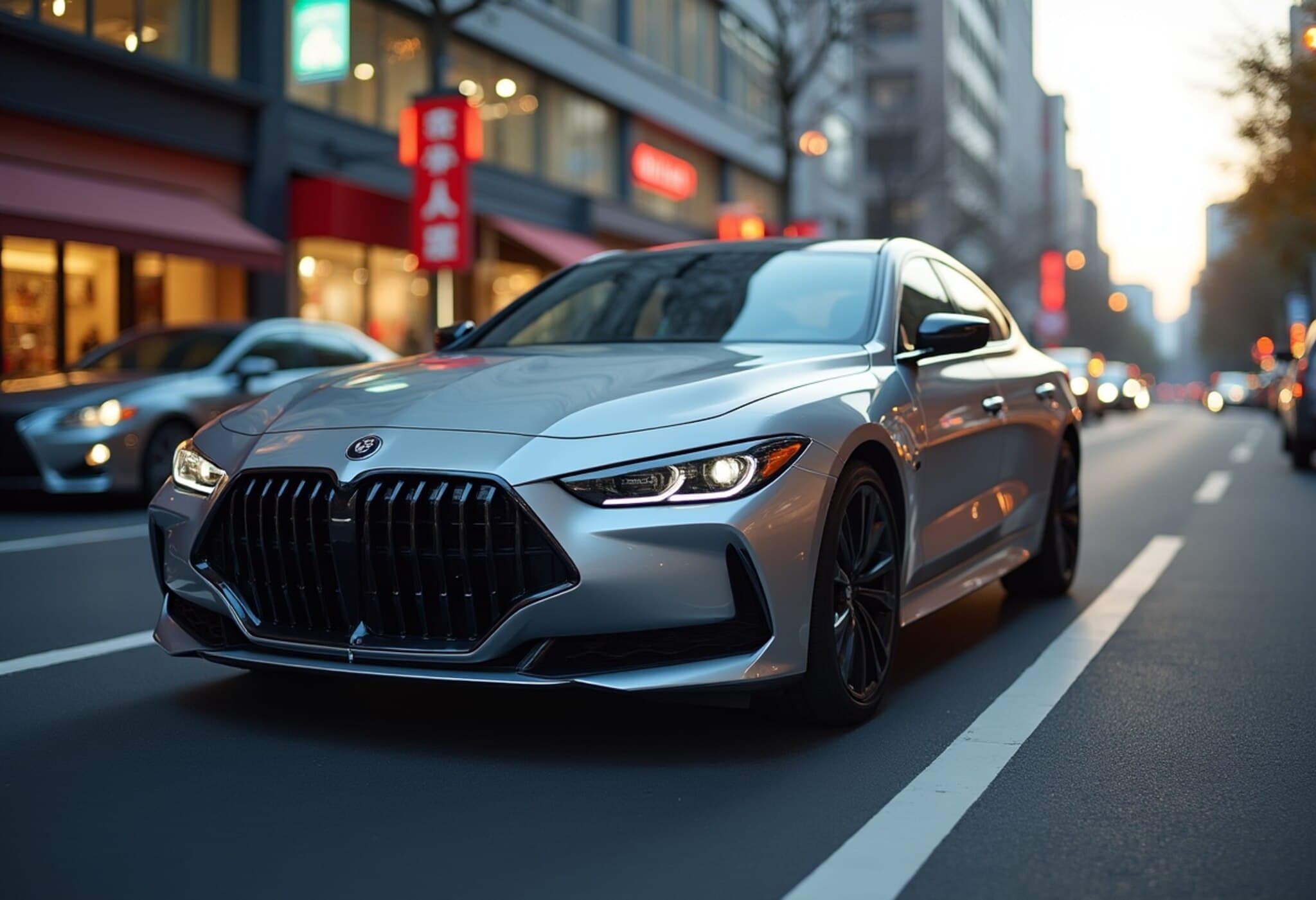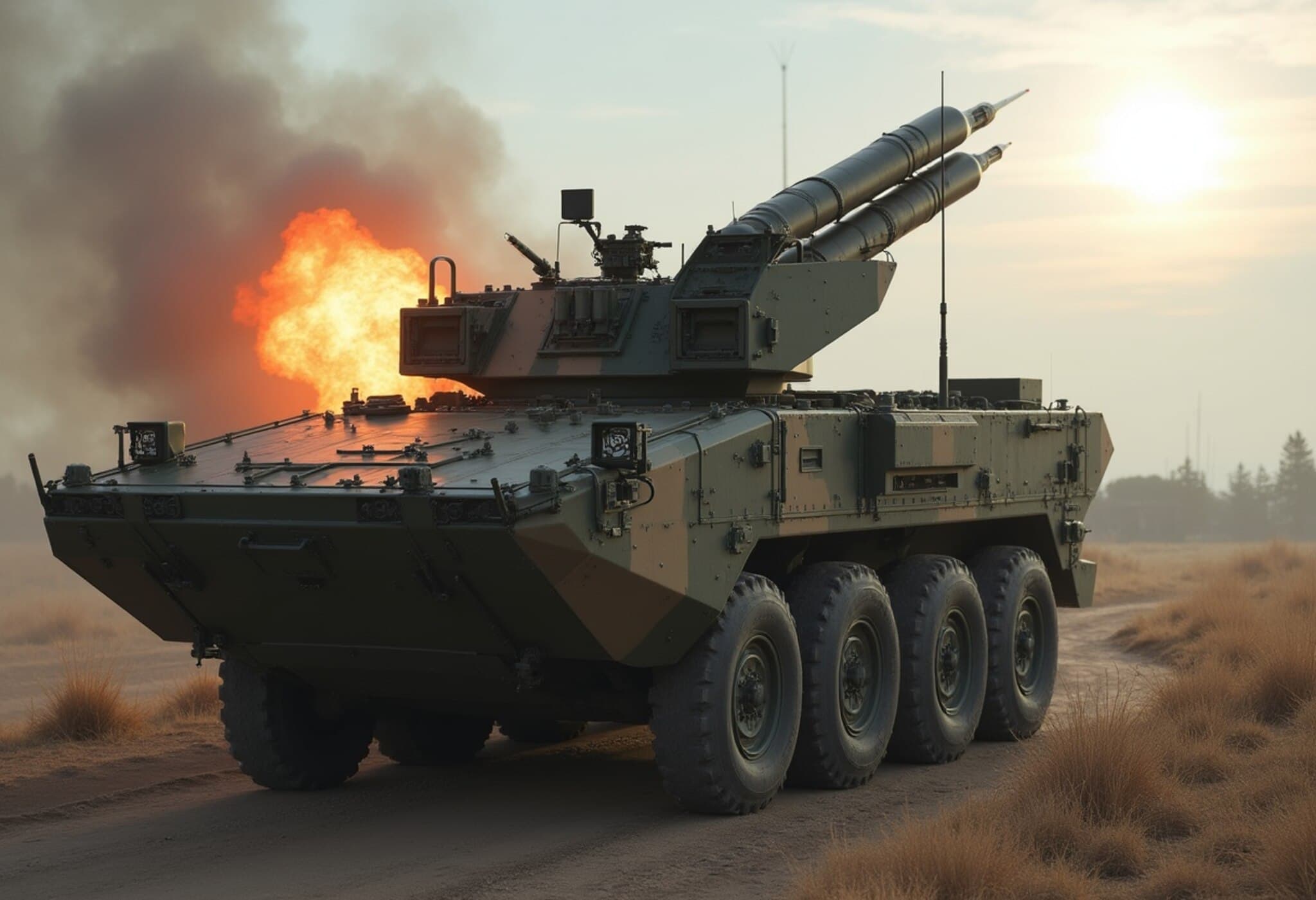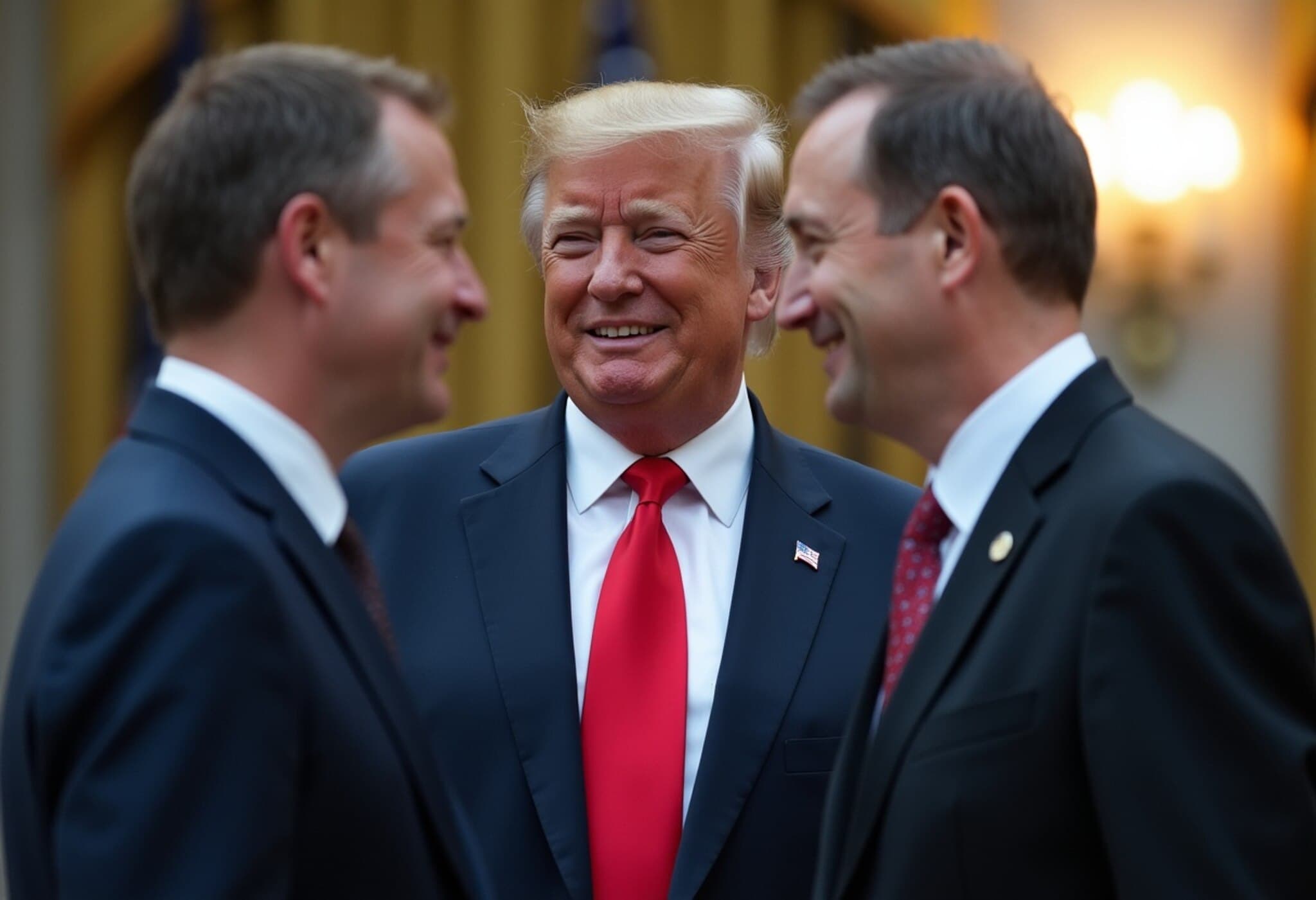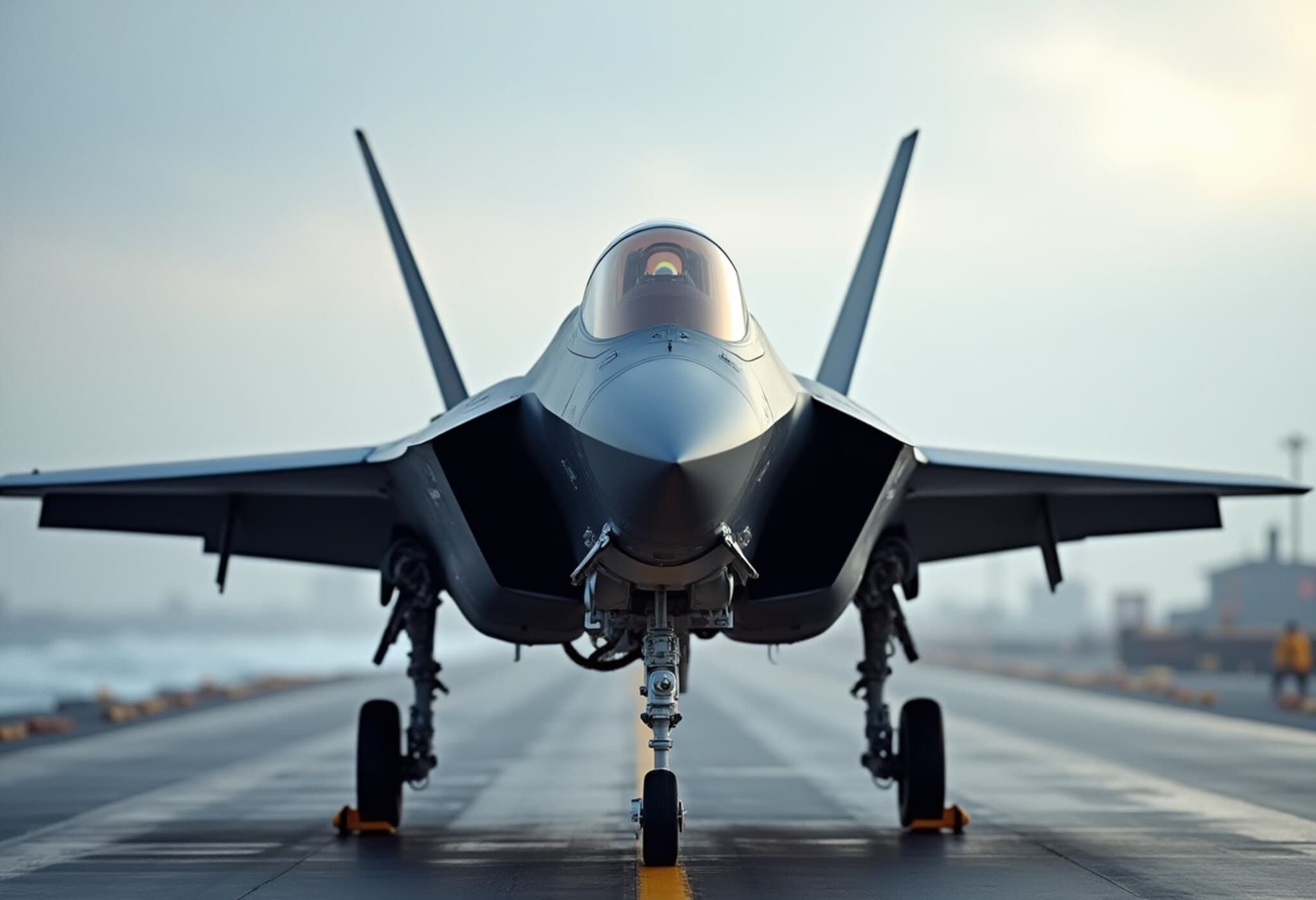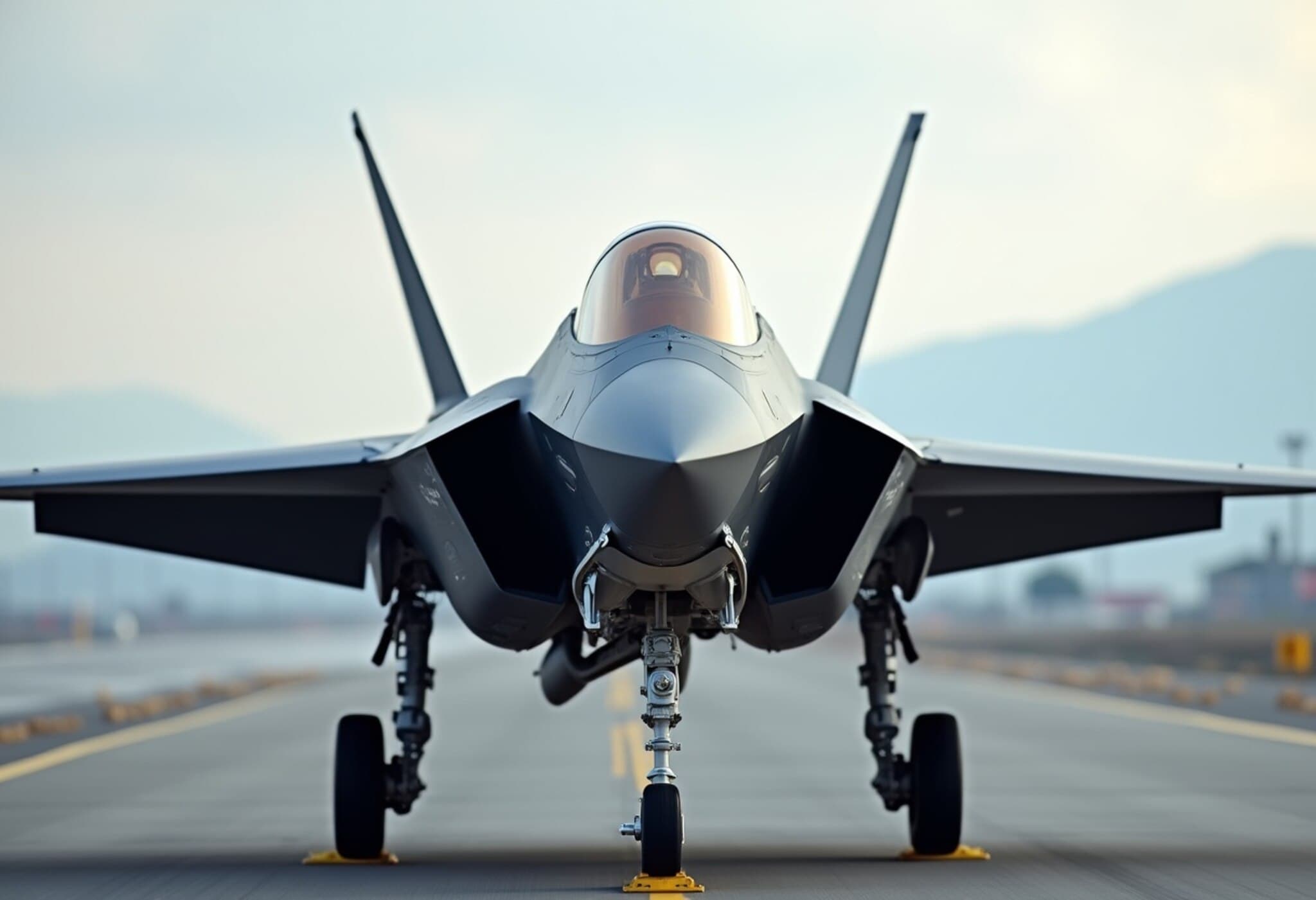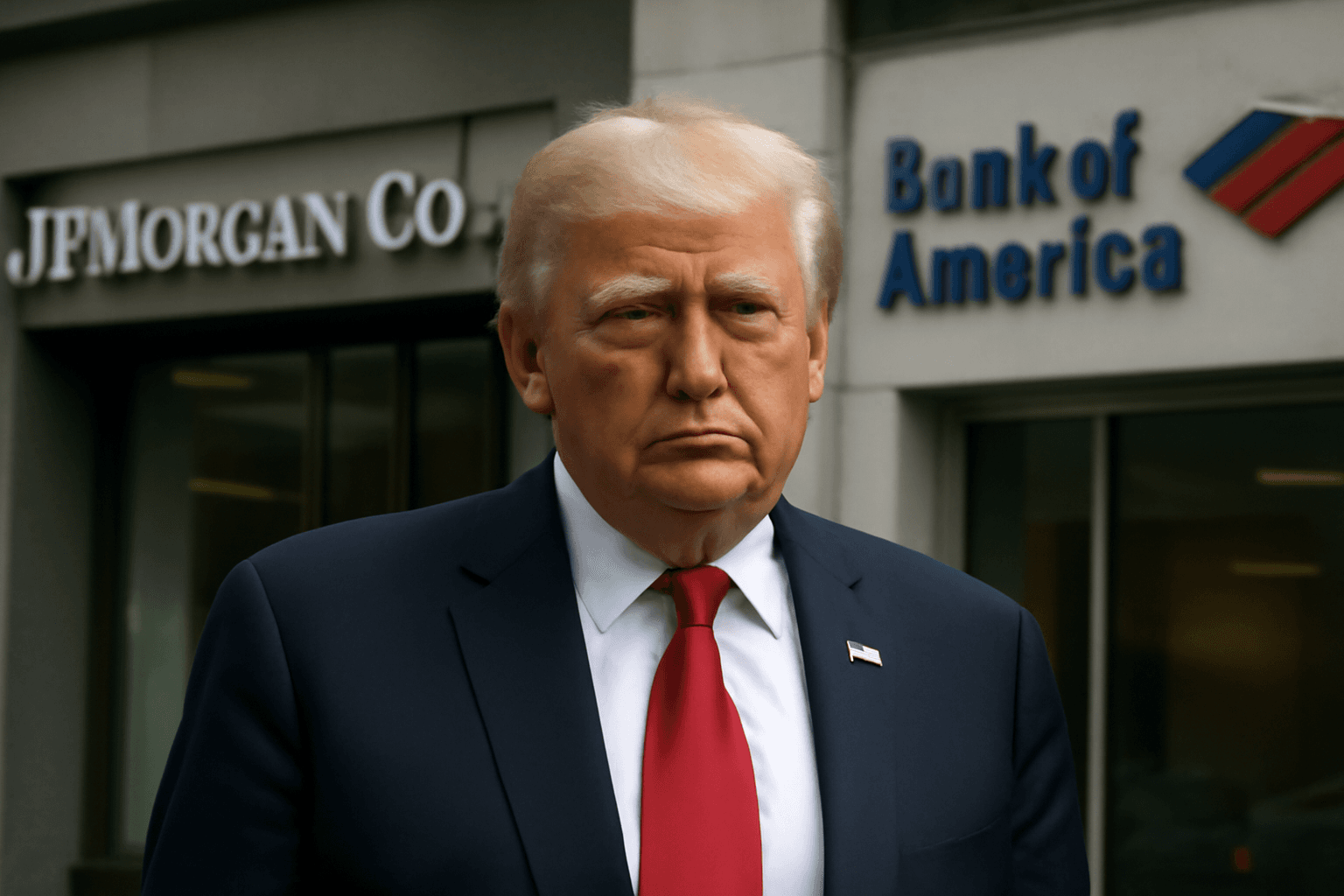Understanding Japan's Reluctance Toward American Cars
Despite recent trade agreements championed by former US President Donald Trump aiming to boost American car sales in Japan, the reality on the ground tells a different story. It’s not tariffs or trade barriers keeping American automobiles off Japanese roads — it’s a matter of cultural preference and practical suitability.
Since the 1970s, Japan has maintained minimal tariffs on imported vehicles, debunking the myth that financial trade barriers are the main obstacle. The crux lies in what Japanese consumers desire and how American cars align — or rather, don’t align — with those expectations.
A Post-War Alliance That Didn’t Translate to Market Dominance
Following World War II, the United States played a pivotal role as Japan’s occupying power until 1952, fostering robust diplomatic ties that continue to this day. However, close political relationships have not translated into consumer preference. Japanese ownership of American cars remains marginal, highlighting an economic and cultural divide rather than political influence.
What Explains the Lack of American Auto Appeal in Japan?
Industry data underscores this divide vividly. Proving popular homegrown brands' dominance, the top 10 best-selling cars in Japan last year were all Japanese makes, with Toyota leading the pack. Meanwhile, American manufacturers like General Motors and Tesla each captured less than 1% market share. In contrast, even non-American brands like Germany’s Mercedes-Benz hold modest shares, indicating that competition is fierce but consumer loyalty runs deep.
Ford’s complete withdrawal from Japan in 2016 after acknowledging a “no path to profitability” scenario further reflects foreign automakers’ difficulties. But beyond economics, deeper reasons shape Japanese buyers’ choices:
- Compact, Efficient Vehicles Suited for Japan’s Geography: Japan’s urban landscapes are characterized by narrow streets and cramped parking, favoring smaller, fuel-efficient cars. American vehicles, typically larger and less nimble, clash with these practical needs.
- Technological Edge in Hybrids and Fuel Efficiency: Japanese automakers like Toyota and Honda have led hybrid technology advancements. Their cars often outperform American models in sustainability and efficiency — a key selling point for environment-conscious consumers.
- Brand Loyalty and Domestic Pride: Japanese consumers show strong allegiance to homegrown brands, which have built trust over decades through quality and local understanding.
- Safety and Design Standards: Japan’s rigorous safety regulations and the unique right-side driving system demand specific vehicle configurations. Many American cars require costly modifications to comply, creating a barrier to entry.
- Service Accessibility and Maintenance: Widespread service networks and abundant spare parts for domestic brands ensure reliability for Japanese drivers. American cars often lack an equivalent support infrastructure, leading to costly or inconvenient repairs.
The Broader Implications for US-Japan Trade Relations
This nuanced understanding of consumer preferences highlights limitations in traditional trade deal frameworks that emphasize tariff reduction but overlook cultural and market realities. For American automakers to gain a foothold, strategies must extend beyond political agreements to address innovation, localization, and customer experience tailored to Japan’s unique automotive landscape.
Elon Musk’s Tesla serves as a telling example — despite global ambitions, its Japanese market share remains below 1%, showing that novelty alone cannot overcome entrenched consumer habits and infrastructure challenges.
Expert Perspective
As economic analyst and automotive industry expert Dr. Haruki Tanaka notes, “Japanese consumers are discerning and pragmatic. They prioritize vehicles that fit their daily needs and cultural expectations over abstract national considerations. For US carmakers, understanding this consumer mindset is more critical than lobbying for favorable tariffs.”
Looking Ahead: Can American Cars Win Japanese Hearts?
The question ultimately is whether American manufacturers can innovate to meet Japan’s stringent requirements — focusing on smaller, fuel-efficient, hybrid or electric vehicles designed for local roads and customer expectations. It’s a challenge that mixes technology, marketing, and deep cultural insight.
Without these adaptations, tariffs or trade deals alone won’t see a surge in American cars on Japanese streets.
Editor’s Note
While political leaders often frame trade success in terms of agreements and tariffs, this case exemplifies how deep-rooted consumer preferences and cultural nuances profoundly shape market realities. The US-Japan automotive dynamic reminds us that economic diplomacy must be complemented by authentic market understanding and innovation tailored to localized consumer landscapes. For readers and industry watchers alike, the unfolding story of American automakers in Japan raises critical questions about globalization, brand identity, and the future of international trade.

